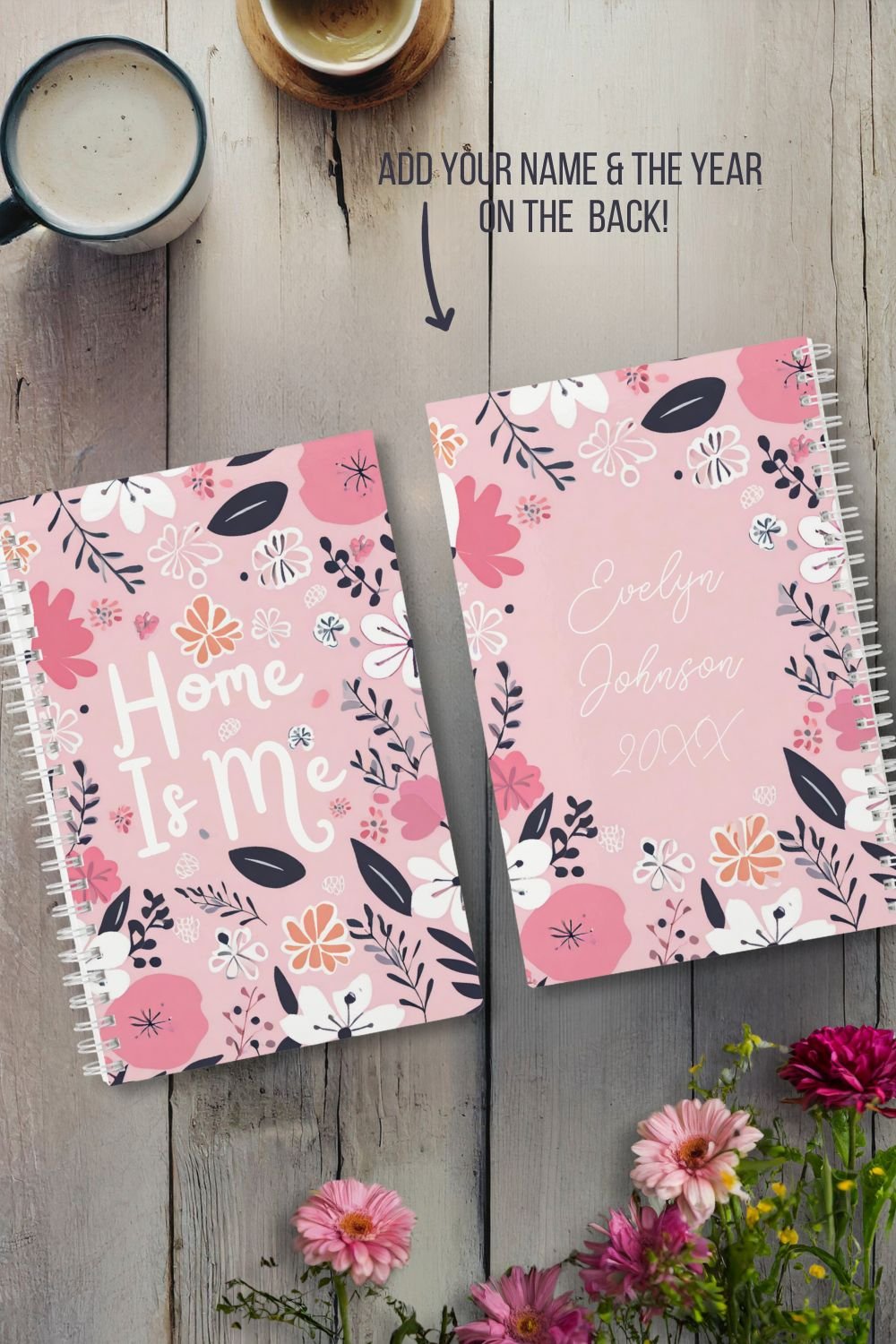Journal Prompts For Finding Yourself
30+ soul-searching journal prompts for finding yourself
Journaling to find yourself
Finding yourself often involves uncovering the things about yourself that you’ve hidden away based on messages you’ve received from the world about what is and isn’t acceptable to think, feel, do, and be. We all want to be loved, accepted, and connected to other humans. From the time we’re an infant we’re dependent on human connection for our very survival. We go throughout life with this hard-wired desire to connect and belong, and sometimes the need to connect and belong causes us to lose touch with deep parts of ourselves that we believe pose a threat to belonging and connection. Because living life as the full and complete you can feel like a threat to human connection, sometimes the journey to find yourself can be a bit scary and confusing. These journal prompts for finding yourself are designed to gently guide you through a conversation with yourself to help you re-discover the you that exists beyond the fear of what the world has to say about it.
Journal prompts for finding yourself
Think about the last time you lost sense of time and were totally engrossed in the present moment. What were you doing? What kinds of activities are you usually doing when you find yourself focused only on the present moment?
Who in your life do you feel most comfortable just being yourself around? What does it feel like to be around this person? What about this person helps you feel free to be you?
When you were a child, what did you like doing for fun? Do you do these things now? If so, how do you feel when you do these things? If not, are there ways you can incorporate these activities, or similar activities, in your life now?
If you’re feeling a bit lost or disconnected from who you are right now, when did you start feeling this way? When was the last time you felt a strong sense of connection to who you are?
In an average day, how often do you notice the physical sensations in your body associated with emotions? When are you more in tune with the physical sensations in your body associated with emotions? When are you less in tune with the physical sensations in your body associated with emotions?
Think of a moment when you felt really connected to who you are as a person. Write down everything you can remember about this moment. What did it feel like? What emotions did you experience? What about this moment made you feel connected to who you are?
Think of a moment when you felt disconnected from who you are as a person. Write down everything you can remember about this moment. What did it feel like? What emotions did you experience? What about this moment made you feel disconnected from yourself?
Write down a list of 10 things that describe who you are. When and where did these ideas about who you are start to form? Are any of these ideas about who you are inaccurate?
Has your sense of self (i.e., your sense of who you are) changed at all over time? How has it changed? What led to that change?
Think of a symbol to represent you. Draw or describe the symbol in your journal. Why did you choose this symbol? How does this symbol represent who you are?
What 5 people in your life so far have had the most influence on your sense of who you are? How did each of these people influence your sense of self?
What’s one really simple thing that helps you feel connected to yourself (e.g., something as simple as reading a poem, hugging an animal, etc.)?
What does it mean to be authentic? Is being authentic important to you? Why or why not? When is it easiest for you to be authentic? Why do you think that is? When is it difficult for you to be authentic? Why do you think that is?
What 5 life experiences so far have most influenced your sense of who you are? How did each of these experiences influence your sense of self?
How in touch are you with your “gut instincts”? How often do you feel a gut instinct? How do you respond to this feeling? What types of decisions are you most likely to make based on your gut instinct? What types of decisions are you least likely to make based on your gut instinct? Why do you think that is?
What’s one piece of media (book, movie, art, tv show, music, etc.) that really helps you feel connected to yourself? Why do you think this media helps you feel connected to yourself? What do you remember about the first time you experienced this media?
What do you most want out of life? Why?
Think of someone who you view as having really “found themselves.” This could be someone you know in real life, a celebrity or public figure, or even a fictional character. What about this person makes it seem like they’ve really found themselves? What can this tell you about what it means for you to find yourself?
What does it mean to be your own home? Do you feel like you’re your own home? What’s one thing you could do to feel more like home to yourself?
Divide your life so far into phases. Give each phase a start year, end year, and a name. For each phase of your life so far, write a one or two sentence description of who you were during this phase of your life. What have you carried with you from these phases of your life that informs how you view yourself today?
If you lived your life fully aligned with who you are, what positive outcomes do you imagine you would experience? What negative outcomes do you imagine you would experience?
How much do you define who you are by what you do? Are you happy with the degree to which you define who you are by what you do?
Imagine that who you are was defined entirely by how you spend your time in average week. With this imaginary definition in mind, write a few sentences about who you are.
How do you define achievement? What is it worthwhile to you to achieve in life? How does your culture and the sub-cultures you exist in define achievement? How does your personal definition of achievement look similar to, and different from, your culture’s definition of achievement? If there are differences in how you personally define achievement and how your culture defines achievement, does this cause difficulties for you? If so, how do you approach those difficulties internally and externally in your life?
How much do you define who you are in terms of your relationship to other people? Are you happy with the degree to which you define who you are by your relationship to other people?
When you ask yourself the question, “Who am I?” what answers come to mind?
Is it important to you to have a particular purpose or purposes in life? Why or why not?
What’s something really simple that makes you feel happy? What does this tell you about who you are?
What’s one thing that’s changed about you that you would have previously thought was fundamentally part of who you are? What was the process of this change like?
Imagine that you are living life perfectly aligned with who you are as a person on the deepest level. Write a short story about what living a day in this perfectly aligned life looks like.
Photos for this article were created with Adobe Firefly.










